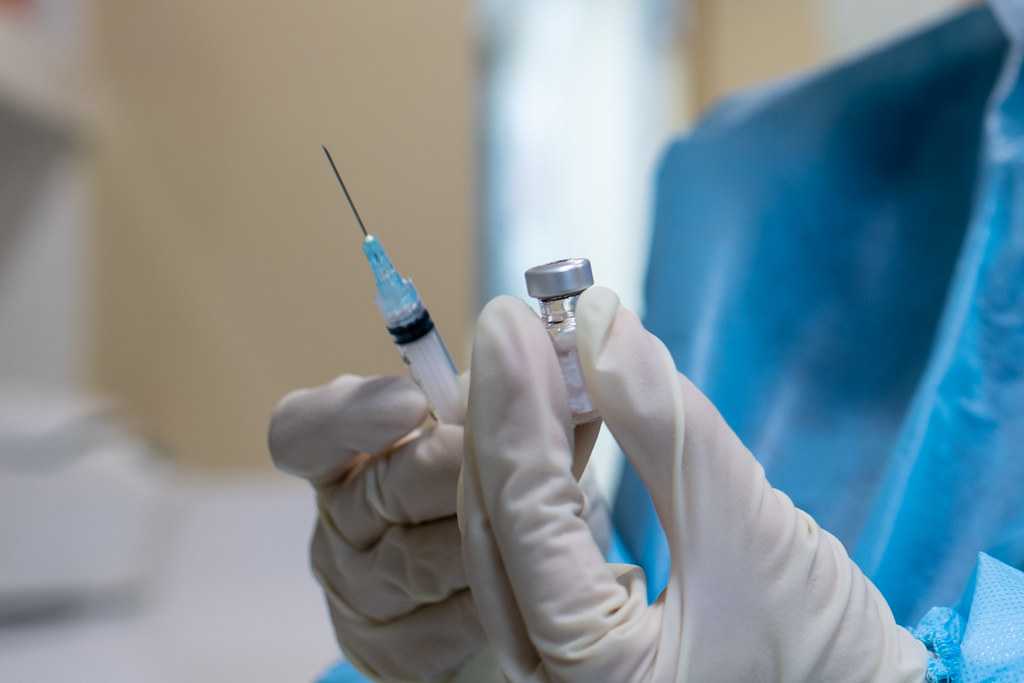2 Million COVID 19 Vaccine Doses Coming By May 1
Share:
Prime Minister Prayut Chan-o-cha himself confirmed in a press conference today that Thailand will receive 2 million doses of COVID-19 vaccines by the end of April or the first week of May.
According to PM Prayut, the first batch of these 2 million doses will start with the arrival of the 200,000 doses expected this month. It will be followed by 800,000 more doses that will be delivered by next month.
The final batch of 1 million doses will be delivered by April.
Unlike previous press releases about vaccines, the Prime Minister this time did not mention a source for the vaccines. It was previously reported that China’s Sinovac will provide the first round of vaccines for the government’s immunization problems.
AstraZeneca later stepped up to take on the supply duties. However, the Swedish/British firm ran into trouble importing its doses to countries outside of the European Union after the bloc announced a prohibition on imports if vaccine producers inside its jurisdiction have not fulfilled its members’ orders in full.
AstraZeneca later communicated to the Royal Thai Government that it will be shipping Thailand’s orders from its Asian manufacturing facilities instead. However, the company’s current license in the Kingdom only allows it to import its doses from its Italian hubs. AstraZeneca has called on the government to approve its application for a license that will allow it to import doses from Asia.
Thailand is due to roll out its immunization program immediately after the first 200,000 doses of the COVID-19 vaccine arrives this month.
On the other hand, Public Health Minister Anutin Charnvirakul said that only the national government can import COVID-19 vaccines for the time being. This means that local administration organizations, as well as private hospitals and employers who would like to vaccinate their workforce, are unable to procure supplies for now.
Several local government units, particularly in Phuket province, have expressed willingness to import their own COVID-19 vaccines independently of the national government’s immunization program. Mayors in the province have said last month that they have already earmarked budgets for their own vaccination programs.
Minister Anutin said that manufacturers are only selling vaccines to national governments for emergency use only for now. Clinical trials on human volunteers are still ongoing, he explained.
Thailand’s immunization program is rolling out amidst the ongoing second wave of outbreaks, which started in mid-December in the province of Samut Sakhon. To minimize the spread, the government has launched active case finding on the provinces to which the virus has spread.
While nearly a thousand cases have been uncovered in the past few weeks due to active testing, Tuesday only saw 56 new cases from this route. 123 cases were reported by hospitals throughout the country, bringing the total to 189 new cases.
This is the lowest so far reported by the Center for COVID-19 Situation since the second wave broke out and active testing was initiated.
Samut Sakhon, the epicenter of the outbreak, reported 159 of the 183 new cases on Tuesday.
Sources:
BangkokPost
BangkokPost
